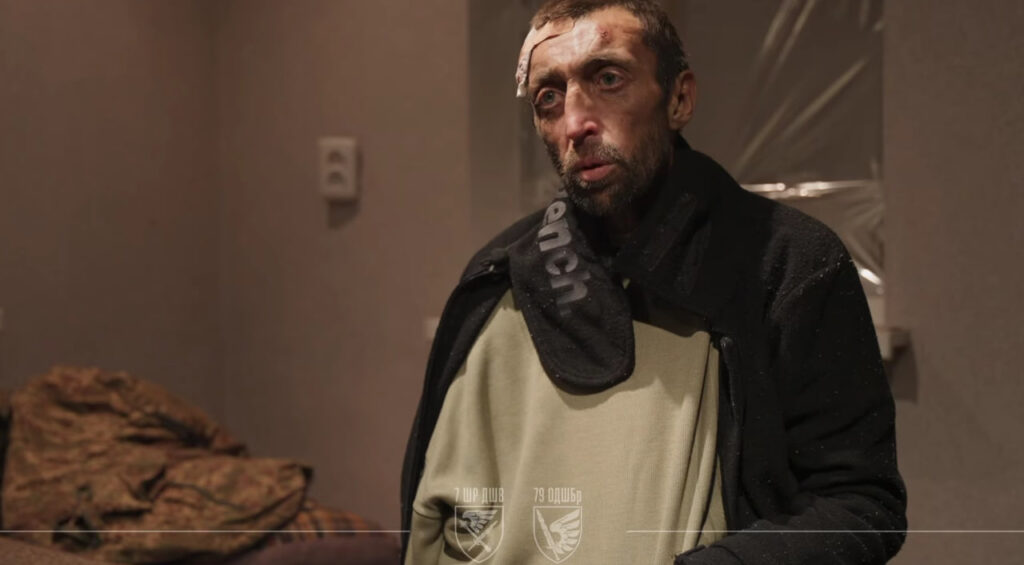He got smashed, then drank even more vodka and signed contract: Russian POW shares his story in Ukrainian captivity

He was totally hammered when he went to sign Russia's army contract. A captured Russian soldier, Mikhail Krasnachokov, taken by paratroopers of Ukraine's 79th Brigade, has explained the reason behind his wish to take part in the killing of the Ukrainians, as per ArmyInform.
His motivation was money: working as a tractor driver, he earned $495 but had to give most of it to alimony.
"My wife tried to stop me, but I didn't listen — I was drunk," the Russian admitted.
At the same time, Ukrainian troops emphasize that despite Russia's degradation, the enemy should not be underestimated, as there are countless soldiers like him. Ukrainian paratroopers refer to this as the "dangerous power of numbers."
Contract signed over vodka
The captive, Krasnachokov, born in 1983, is from the Altai region.
"I was at home, drinking vodka, got completely drunk, woke up in the morning, nursed a hangover, and went to the military enlistment office — already totally drunk," he recalls.
He signed the contract on 17 November, and the next day was sent for "training," which lasted three months.
"In the morning, we rode motorcycles, then dug trenches. After lunch — training ground, walking through trenches without ammunition, learning how to 'assault,'" the Russian POW remembers.
According to him, the unit was typical for the Russian army: "All alcoholics, one drug addict."
Regret came fast
"I regretted it immediately, as soon as they took us away," he says.
Krasnachokov reveals that the command intimidated soldiers to prevent them from refusing to fight.
"If you say you don't want to go, they'll crush their own tanks on you. Those who refused to advance were given TM mines to carry. Refuse — they shot you on the spot," he says.
His unit, the 5th Motorized Rifle Battalion, was ordered to "hold the defense."
"Four motorcycles went one by one. Two blew up, didn't make it. The first time mortars started hitting us — our own. I was completely shocked," he remembers.
After one motorcycle exploded, he was injured by shrapnel in his arm. He switched to another bike, and together they made their way to the basement.
"We stayed in the basement for four days. On the fourth day, your troops began clearing operations. They shouted, 'Who's here? Surrender!' — and we shouted back, 'We surrender!'"
The captive confirmed that after capture, Ukrainian troops did not beat him, feed him, give him water, or allow him to smoke.
"I tell my countrymen: don't sign a contract. That money isn't worth your life. They won't show this on TV," the Russian soldier concludes.
